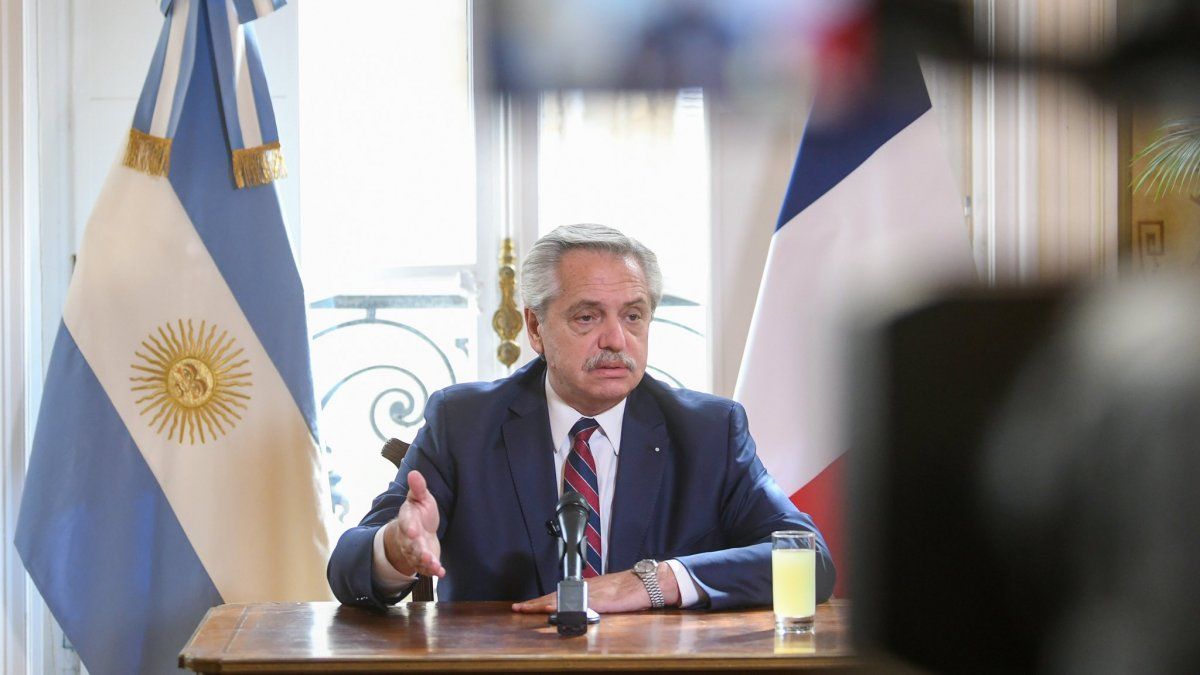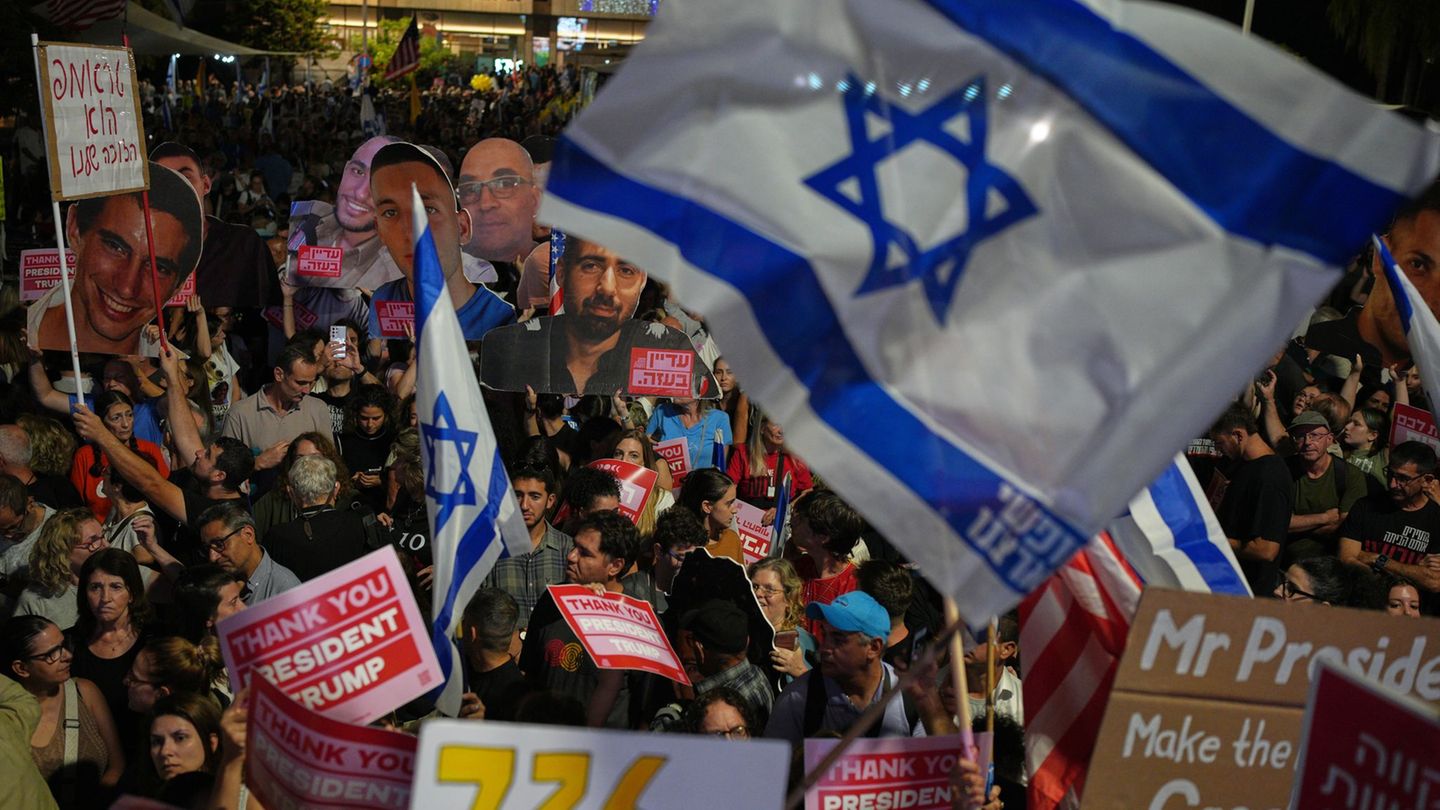Now, one of the last chapters of the saga is related to the export restrictions that several countries have imposed on essential foods such as cereals, oils or legumes. A data: in the last six weeks and, according to the International Food Policy Research Institute (IFPRI), there are already 20 governments that have applied some kind of protectionist measure on the food trade. It is not minor: the bulk of these countries are important producers and exporters of food on a global scale. It is a self-fulfilling prophecy. Moscow and kyiv can even be included: together they account for a quarter of world wheat exports and two-thirds of international trade in sunflower oil. Indonesia, the world’s largest exporter of vegetable oil, has imposed some kind of restriction. India has banned the export of wheat. There is another additional fact: according to IFPRI, measured in calories, 16.9% of global food trade is being affected by these limitations on exports.
There are those who point out that the Argentine president understands, diagnoses, communicates, even, one might think that he dialogues, on these issues: problems with inflation, with prices, with the material conditions for the reproduction of life. That there is a pondering from the president out loud, statements that draw a peremptory scenario, a kind of construction in the air, warning, alert, looking for interlocutors, a course to protect itself.
But there are others who maintain that it remains to be seen if these messages manage to unlock the cooperation of those who are key at this time. If there is an answer from those Fernandez thinks about. There are those who wonder if part of that equation is not directly related to the conditioning factors that exist with the IMF. It is probable. The question is: Who more than Alberto Fernández himself could, in these circumstances, promote with real depth the debate of those measures that are, in his own eyes, indispensable? Who else could pick up that gauntlet more than himself?
Back to focus. A few days ago, the president traveled to Europe accompanied by two or three important ideas: that Russia’s invasion of Ukraine has triggered food and energy prices: that there is a risk of a food emergency, but also of a wave of instability social and political linked to the lack of food in the countries that suffer the most. That the rise in interest rates to combat inflation could plunge the world into a global recession, that the sanctions against Russia deepen the problem and that the formulas to decouple prices, here and in the world, are not working. There is more. But serve as an example.
In the opinion of some analysts, all this is a brilliant view of the event. It incorporates the periphery (ECLAC questions European leaders), the south, the blows caused by the global crisis, situations of social injustice. But it also raises questions that need to be answered. The novelty is that these questions serve, more than ever, to define the direction of Argentina. And that, at the domestic level, sectors of the ruling party (the opposition executes, from time to time, its own strange political agenda) want to substantiate the debate, rethink the measures that will have to be adopted.
In the midst of a context in which the President himself has indicated that he wants to comply with the IMF, that is, keep the deficit, emission and accumulation of dollars in reserves under control… Is this compatible with the scenario diagnosed by the President himself? What are the measures that would allow managing the balance between all these variables? What does Georgieva think of increasing withholdings on grains and oilseeds or of creating a food crisis committee to monitor production costs? How inflationary are the terms of the agreement with the IMF? How tight is the dollar-linked economy going to be despite the surplus? How high can the interest rate go? Does the president think that these questions have already found a satisfactory solution with the measures adopted?
The interpellation initiative seems to have returned to the Casa Rosada. Now, it will be necessary to evaluate if, as Borges imagined in his stories, President Alberto Fernández can listen to the diagnosis that the other, Alberto Fernández, draws, impeccable in time and space.
Source: Ambito
David William is a talented author who has made a name for himself in the world of writing. He is a professional author who writes on a wide range of topics, from general interest to opinion news. David is currently working as a writer at 24 hours worlds where he brings his unique perspective and in-depth research to his articles, making them both informative and engaging.




